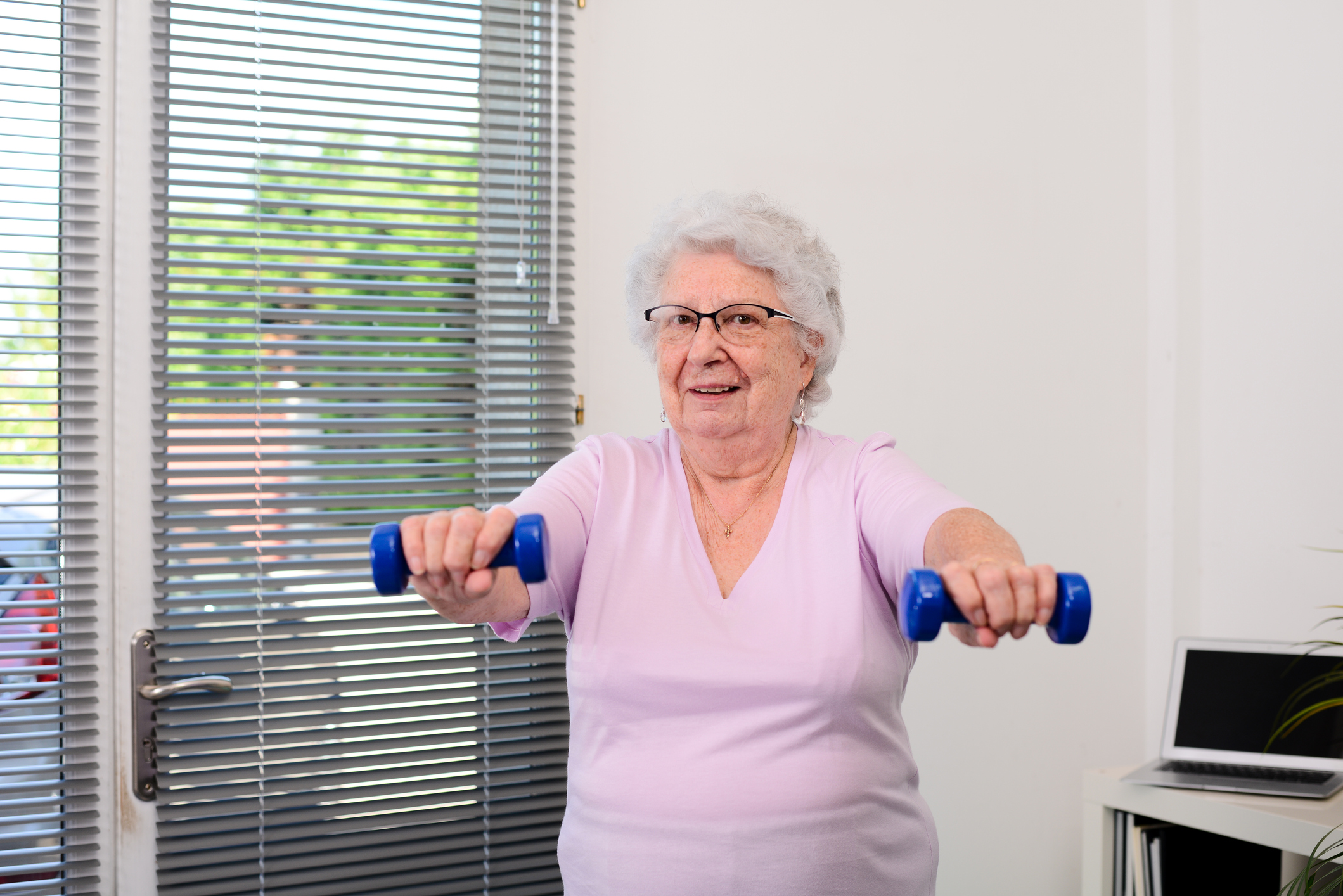Carrying excess weight can contribute to joint pain, high blood pressure, type 2 diabetes, heart disease, and high cholesterol and increase the risk of stroke or gallbladder disease. Being overweight or obese can also affect one’s quality of life and ability to function physically. But in older age, sometimes carrying a few added pounds can also serve as protection from fall-related injuries or to help carry seniors through treatment for an illness such as cancer.
According to a recent CNN Health report, lack of activity in older age can contribute to weight gain and muscle loss. Later in life, fat tends to accumulate in the abdominal area, which is associated with inflammation, insulin resistance and a higher risk for chronic health conditions. This visceral fat is most concerning for health care practitioners.
But the ideal body mass may be slightly higher for older adults than for young adults. A respected study found that older adults with a body mass index in the middle range (22 to 32.9) were at a lower risk of dying earlier than those at either end of the BMI spectrum. Being too thin in older age can lead to frailty while being at the high end of the spectrum can contribute to many health problems.
The Takeaway?
Rather than dieting to lose that last 10 to 15 pounds in older age, researchers suggest that seniors focus on maintaining fitness and muscle mass to preserve physical function and independence. Eating a healthy, well-rounded diet is also essential to prevent vitamin and nutritional deficiencies later in life.
Seniors who lose weight unintentionally should see their doctor – this can be a warning sign of a serious illness. Maintaining weight stability should be the goal for healthy older adults who don’t have moderate to severe obesity or serious metabolic issues such as overly high cholesterol, blood sugar, blood pressure or triglycerides or obesity-related illnesses or disabilities.






Add Your Voice
0 Comments
Join the Discussion